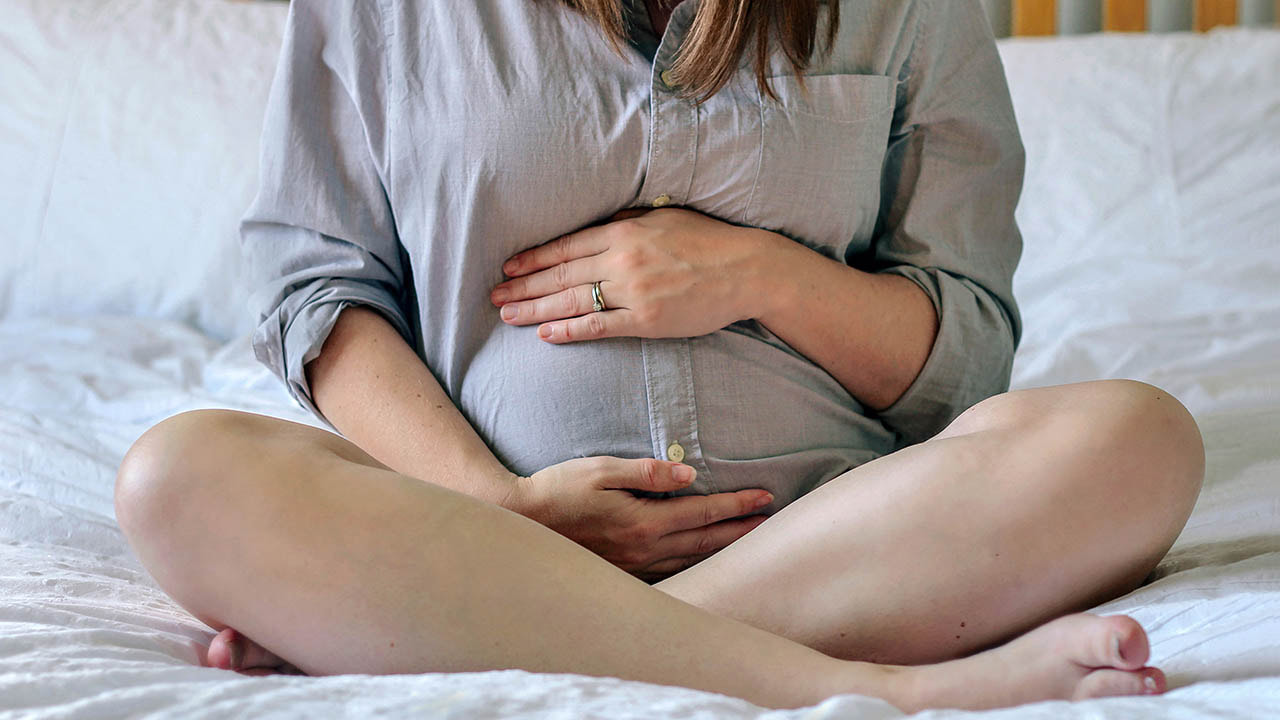Intrauterine insemination
|
The board-certified physicians at Northwestern Medicine Center for Fertility and Reproductive Medicine offer innovative, effective fertility options, including intrauterine insemination (IUI).
What is IUI? IUI involves the washing and insertion of sperm directly into the uterus. This treatment is often the first step in fertility treatment for many couples, and is sometimes required by insurance prior to in vitro fertilization (IVF) treatments. IUI treatment is often paired with empiric therapy, the use of pills or injectable medication to enable multiple eggs to be ovulated. For patients with unexplained infertility, combining empiric therapy with IUI is optimal to performing solely IUI or empiric therapy on its own. IUI provides a less expensive and more conservative alternative to IVF. By placing washed and concentrated sperm directly into the uterus, a higher concentration of sperm is likely to reach the fallopian tubes, thus increasing chances of conception. IUI is performed seven days a week at our Chicago office, with the exception of certain holidays throughout the year. It is performed at our suburban locations (Highland Park and Oak Brook Terrace) Monday through Friday. IUI Process 1. Pre-Treatment testing Prior to initiating treatment, your physician will perform a comprehensive evaluation that often includes evaluation of hormones, ovarian reserve, uterus, fallopian tubes, and semen analysis. 2. Ovarian stimulation Medications used to stimulate the ovaries commonly include oral medications like Clomiphene Citrate (Clomid) and Letrozole (Femara), or (less commonly) injectable gonadotropins (Gonal F, Follistim, Menopur). Your physician will determine the type of medication and dosage you will need. This is based on your age, your ovarian reserve, and your underlying diagnosis. The response to the medication will be monitored via ultrasound and hormone testing. 3. Ovulation induction After an appropriate response from the ovarian stimulation medications, you may administer a one-time injection called hCG (Ovidrel, Novarel) that mimics the body’s LH surge, causing the egg to mature and be released from the ovarian follicle. 4. Insemination procedure (or timed intercourse) IUI is performed near the time that the woman is ovulating. The semen sample is washed in the laboratory to concentrate the sperm and remove the seminal fluid (seminal fluid can cause cramping). The IUI procedure is relatively simple and takes only a few minutes once the semen sample is ready. The woman lies on an examining table and the clinician inserts a speculum into her vagina to see her cervix. A soft catheter (narrow tube) is inserted through the cervix into the uterus and the washed semen sample is slowly injected. Usually this procedure is painless, but some women may have mild cramping. Some women may experience spotting for a day or two after the IUI. Having an IUI does not increase the risk of birth defects. 5. Follow-up visits With a positive pregnancy test from an IUI cycle, you will be followed closely to make sure the early pregnancy is progressing normally. This will be done with a combination of hormone and ultrasound monitoring. |
To Request an Appointment
Northwestern Medicine Fertility Center is now conveniently located in four locations: Chicago, Geneva, Highland Park, and Oakbrook Terrace. Visit our Locations & Appointments page for more information. LGBTQ FAMILY OPTIONS
Our faculty and staff provide an inclusive and supportive environment for all patients undergoing fertility treatment, regardless of gender, sexual orientation or marital status. |




